How to Be an Eco-Friendly Tourist in Botswana’s Okavango Delta
Exploring the breathtaking Okavango Delta in Botswana is a dream for many travelers, but as visitors, it's crucial to be mindful of our environmental impact. By adopting eco-friendly practices, we can ensure that this pristine ecosystem remains unspoiled for generations to come. Let's delve into some sustainable travel tips that will allow you to experience the wonders of the Okavango Delta responsibly.
When choosing accommodation in the delta, opt for lodges and camps that prioritize sustainability. By supporting eco-friendly establishments that engage in conservation efforts and community initiatives, you can contribute to the preservation of this unique ecosystem. These responsible accommodations not only minimize their environmental footprint but also provide enriching experiences for guests.
Respecting wildlife and nature is paramount when visiting the Okavango Delta. Take the time to learn about the local flora and fauna, and always follow designated paths to avoid disrupting the delicate balance of the ecosystem. By adhering to wildlife viewing guidelines, you can observe animals in their natural habitat without causing harm or distress.
Engaging with local communities is a rewarding way to support the people who call the delta home. By interacting with artisans, guides, and residents, you can gain insights into their way of life and contribute to their livelihoods. Purchase locally made souvenirs and participate in cultural experiences to foster sustainable tourism practices that benefit the community.
To minimize plastic waste in the delta, make a conscious effort to reduce single-use plastics. Carry a reusable water bottle and refuse plastic straws and bags. Join clean-up initiatives to help keep the environment pristine and free of plastic pollution, ensuring that the Okavango Delta remains a haven for wildlife and visitors alike.
Conserving water resources is essential in a region like the Okavango Delta, where water is a precious commodity. Practice responsible water usage during your stay by taking shorter showers, reusing towels, and being mindful of your water consumption. Every drop saved contributes to the sustainability of this unique wetland ecosystem.
To offset your carbon footprint from travel, consider supporting verified carbon offset projects. By calculating your emissions and investing in initiatives that promote environmental conservation and sustainable development, you can mitigate the impact of your journey on the planet. Take proactive steps to ensure that your travels have a positive outcome for the environment.
When selecting activities in the delta, opt for eco-friendly options that allow you to experience the region's beauty without causing harm. Choose guided nature walks, mokoro excursions, and birdwatching tours that have minimal impact on the environment. These activities offer a deeper connection to nature while preserving the delicate balance of the Okavango Delta.
Educating yourself and others about the environmental challenges facing the Okavango Delta is key to promoting sustainable tourism practices. Share your knowledge with fellow travelers, raise awareness about conservation efforts, and advocate for responsible travel behaviors. By becoming a steward for the delta, you can help protect this natural wonder for future generations to enjoy.
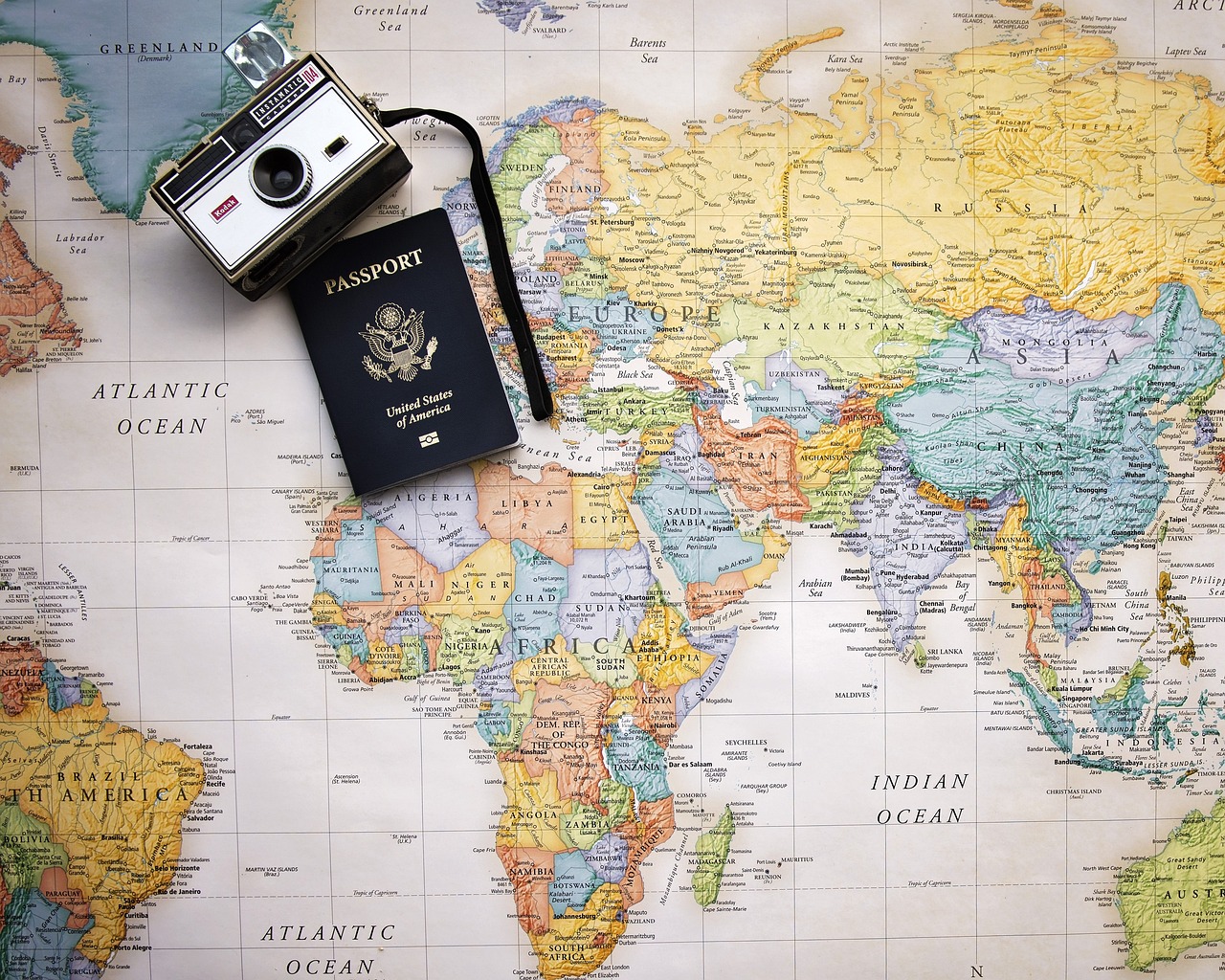
Choose Responsible Accommodation
When traveling to Botswana's Okavango Delta, choosing responsible accommodation is crucial in minimizing your environmental impact and supporting sustainable tourism practices. By selecting eco-friendly lodges and camps that prioritize sustainability, conservation, and community engagement, you can contribute to the preservation of this unique ecosystem.
Responsible accommodation options in the Okavango Delta often implement practices such as solar power usage, water conservation measures, and waste management strategies to reduce their environmental footprint. These establishments work closely with local communities to ensure that their operations benefit the region's inhabitants and wildlife.
Staying at eco-friendly lodges not only allows you to enjoy a comfortable and authentic experience in the heart of the delta but also enables you to support initiatives that promote responsible tourism. By choosing accommodation providers that align with your values, you can make a positive impact on the environment and local communities during your stay.
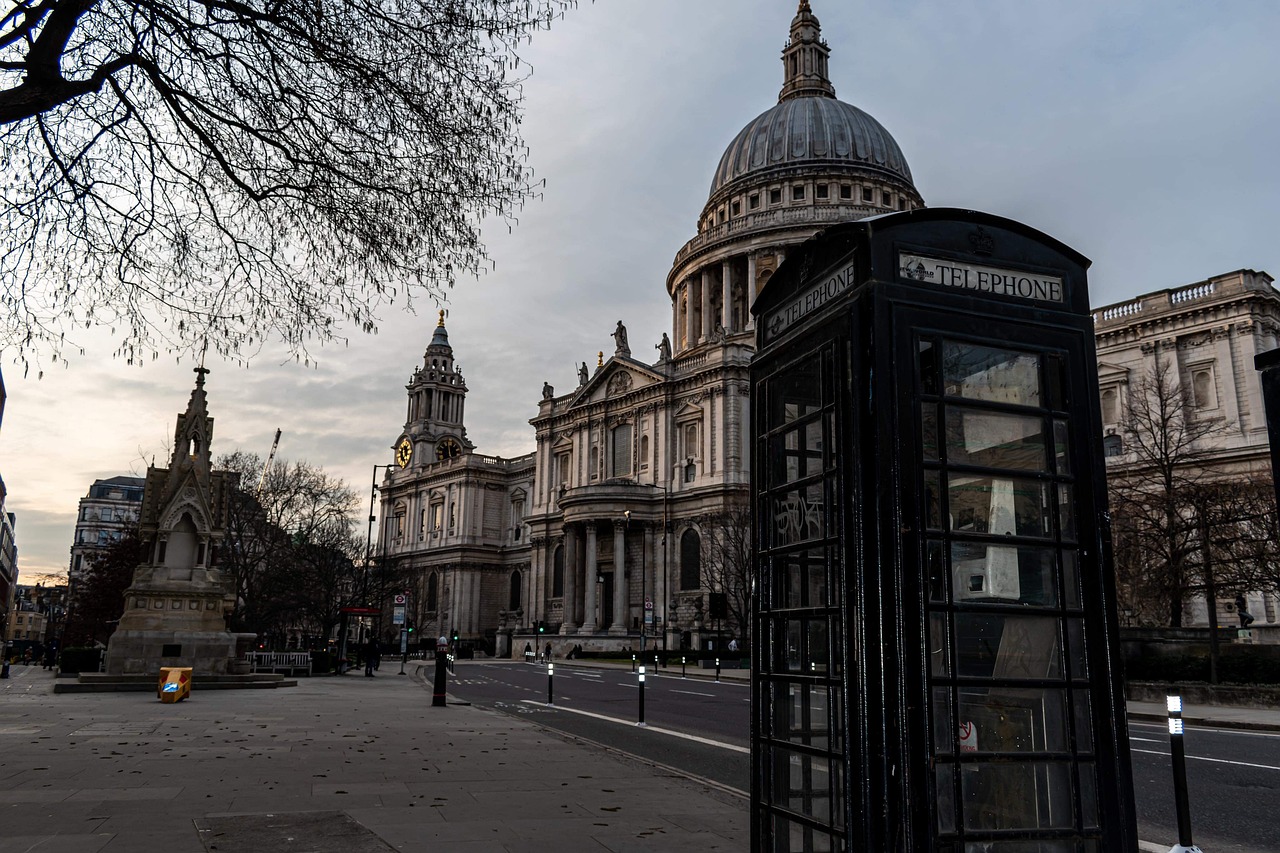
Respect Wildlife and Nature
When visiting Botswana's Okavango Delta, it is crucial to to ensure the preservation of this pristine environment. The delta is home to a diverse array of flora and fauna, including endangered species like elephants, lions, and cheetahs. By following designated paths and wildlife viewing guidelines, you can minimize your impact on the delicate ecosystem and its inhabitants.
One of the best ways to respect wildlife is to educate yourself about the local species and their behaviors. Understanding the importance of each animal's role in the ecosystem can help you appreciate the interconnectedness of all living beings in the delta. By observing wildlife from a safe distance and refraining from feeding or disturbing them, you can experience their natural behaviors without causing harm.
Additionally, supporting conservation efforts and sustainable tourism practices can contribute to the protection of wildlife and their habitats. Many lodges and camps in the Okavango Delta actively participate in conservation projects and community engagement initiatives. By choosing to stay at these eco-friendly accommodations, you can directly support efforts to preserve the delta's biodiversity.
Engaging with local guides and experts can also enhance your wildlife viewing experience while promoting responsible tourism. Local guides possess valuable knowledge about the delta's ecosystems and can offer insights into the behavior of different species. By respecting their expertise and following their guidance, you can ensure a memorable and educational wildlife encounter.
Remember that the Okavango Delta is a fragile ecosystem that relies on the balance of its natural elements. By respecting nature and minimizing your impact, you can contribute to the long-term sustainability of this unique environment. Through responsible behavior and conscious decision-making, you can enjoy the beauty of the delta while safeguarding it for future generations to appreciate.
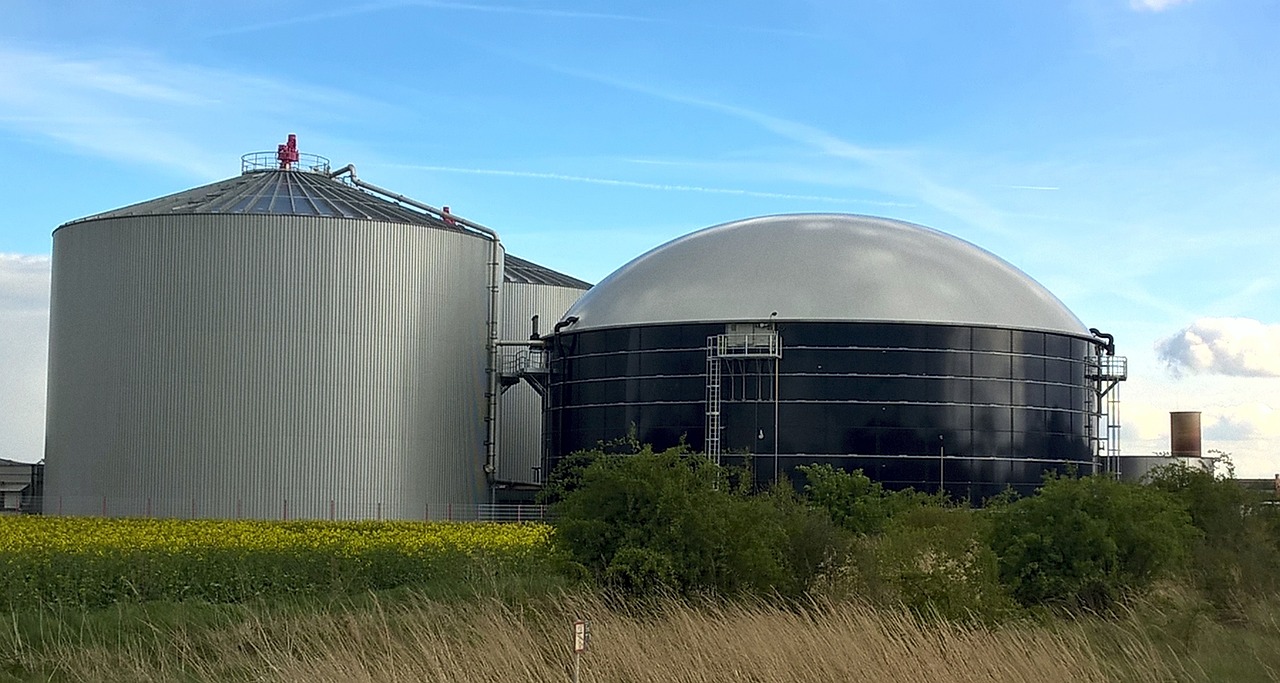
Support Local Communities
When visiting Botswana's Okavango Delta, it's essential to not only appreciate the natural beauty of the region but also to support the local communities that call this place home. By engaging with local artisans, guides, and residents, you can contribute to their livelihoods and gain a deeper understanding of the delta's cultural heritage.
One way to support local communities is by purchasing locally made souvenirs. These unique handcrafted items not only serve as meaningful mementos of your trip but also directly benefit the artisans who create them. Whether it's intricately woven baskets, traditional jewelry, or vibrant textiles, buying locally crafted souvenirs helps sustain traditional craftsmanship and provides economic opportunities for local communities.
Additionally, participating in cultural experiences organized by community-run initiatives allows you to immerse yourself in the rich traditions of the region. From traditional dance performances to village visits, these activities offer a glimpse into the daily lives and customs of the local people. By engaging with these experiences, you not only support community-led initiatives but also foster cross-cultural exchange and mutual respect.
Furthermore, hiring local guides for your excursions ensures that your tourism dollars directly benefit the individuals who have a deep connection to the land and its wildlife. Local guides possess invaluable knowledge about the delta's ecosystem, history, and conservation efforts, enhancing your overall experience while supporting sustainable tourism practices.
By supporting local communities in the Okavango Delta, you not only contribute to the region's economic development but also foster a sense of mutual respect and appreciation for the people who have lived in harmony with this unique environment for generations.
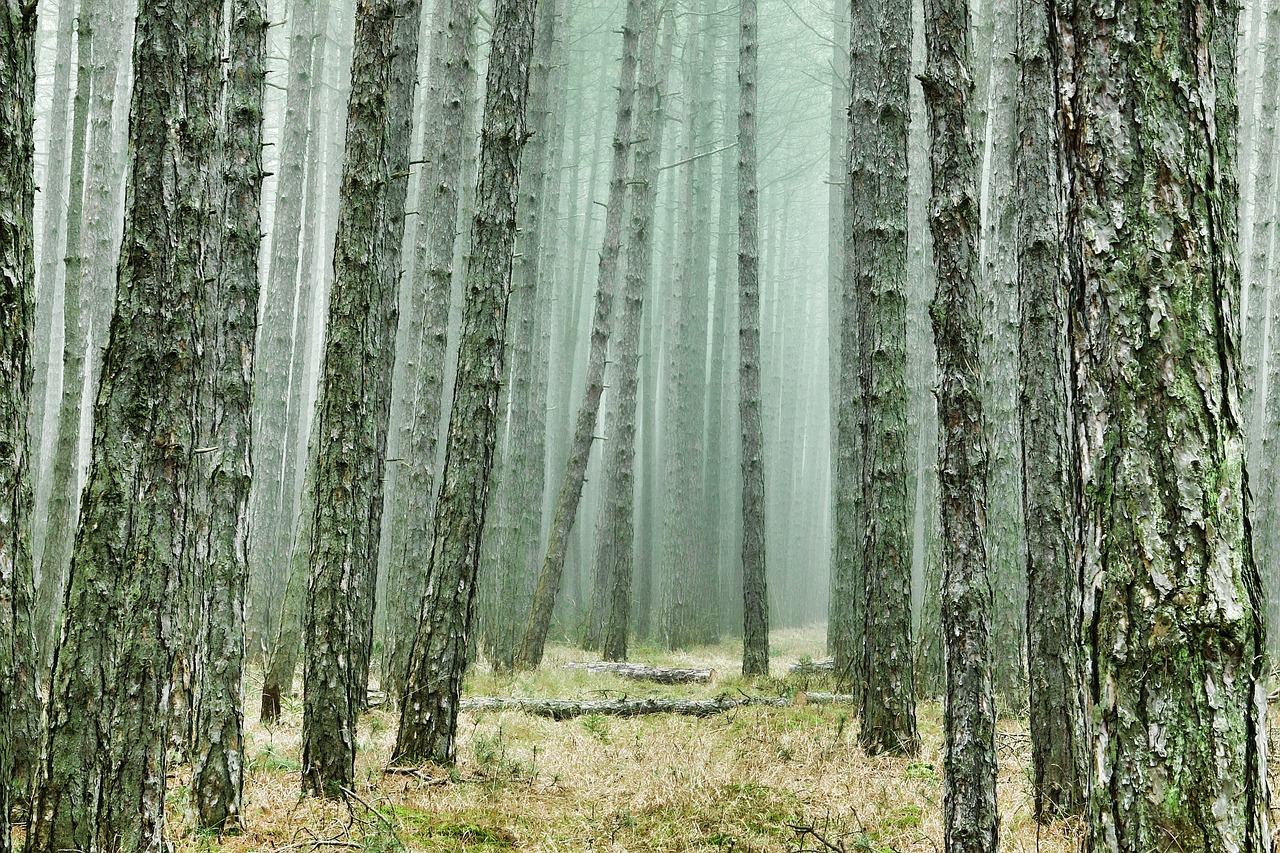
Reduce Plastic Waste
When it comes to being an eco-friendly tourist in Botswana's Okavango Delta, one of the key practices to focus on is reducing plastic waste. The delicate ecosystem of the delta is highly sensitive to pollution, making it crucial for visitors to minimize their use of plastic materials. By carrying a reusable water bottle, you can significantly reduce the amount of single-use plastics that end up in the environment. Additionally, participating in clean-up initiatives during your stay can help keep the pristine environment of the Okavango Delta plastic-free.
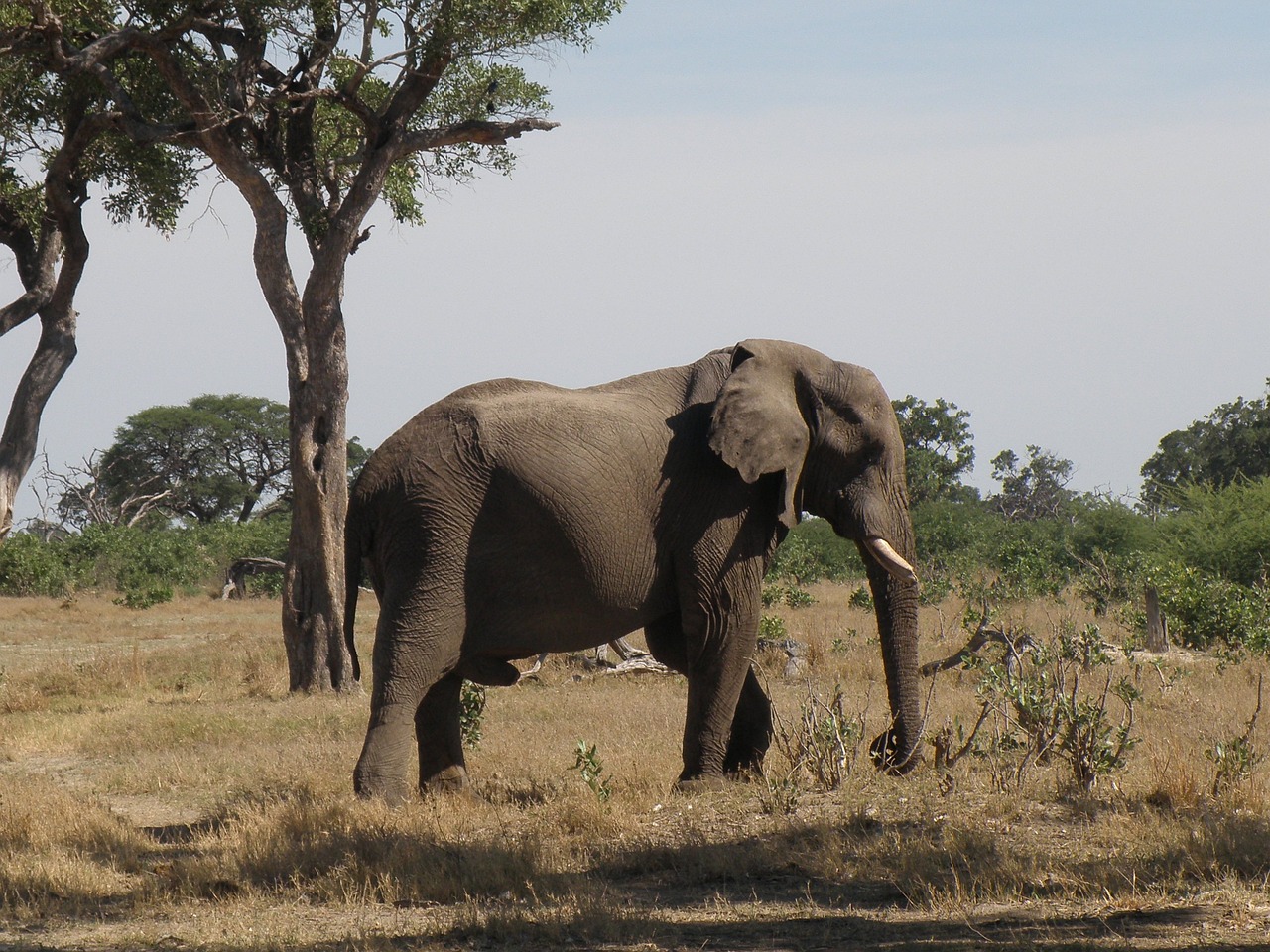
Practice Responsible Water Usage
When exploring the pristine beauty of Botswana's Okavango Delta, it is essential to practice responsible water usage to preserve this delicate ecosystem. The Okavango Delta is a unique oasis teeming with diverse wildlife and lush vegetation, sustained by the precious water resources flowing through its channels and floodplains. By being mindful of your water consumption during your stay in the delta region, you can contribute to the conservation efforts aimed at protecting this natural wonder.
One way to practice responsible water usage is by conserving water resources in your accommodation. Opt for shorter showers and consider reusing towels to minimize water wastage. By adopting these simple habits, you can significantly reduce your environmental footprint and help maintain the ecological balance of the Okavango Delta.
Additionally, staying hydrated is crucial in the delta's warm climate, but instead of purchasing single-use plastic water bottles, carry a reusable water bottle with you. This not only reduces plastic waste but also ensures that the delta remains free from litter, safeguarding the habitat of its inhabitants.
Furthermore, participating in clean-up initiatives organized by eco-friendly lodges and camps can make a tangible difference in keeping the Okavango Delta plastic-free. By joining these efforts, you actively contribute to the conservation of this pristine environment and demonstrate your commitment to sustainable travel practices.
By practicing responsible water usage during your visit to the Okavango Delta, you not only minimize your environmental impact but also show respect for this remarkable ecosystem. Every drop of water saved and every plastic bottle refused play a part in preserving the natural beauty and ecological integrity of Botswana's iconic delta.
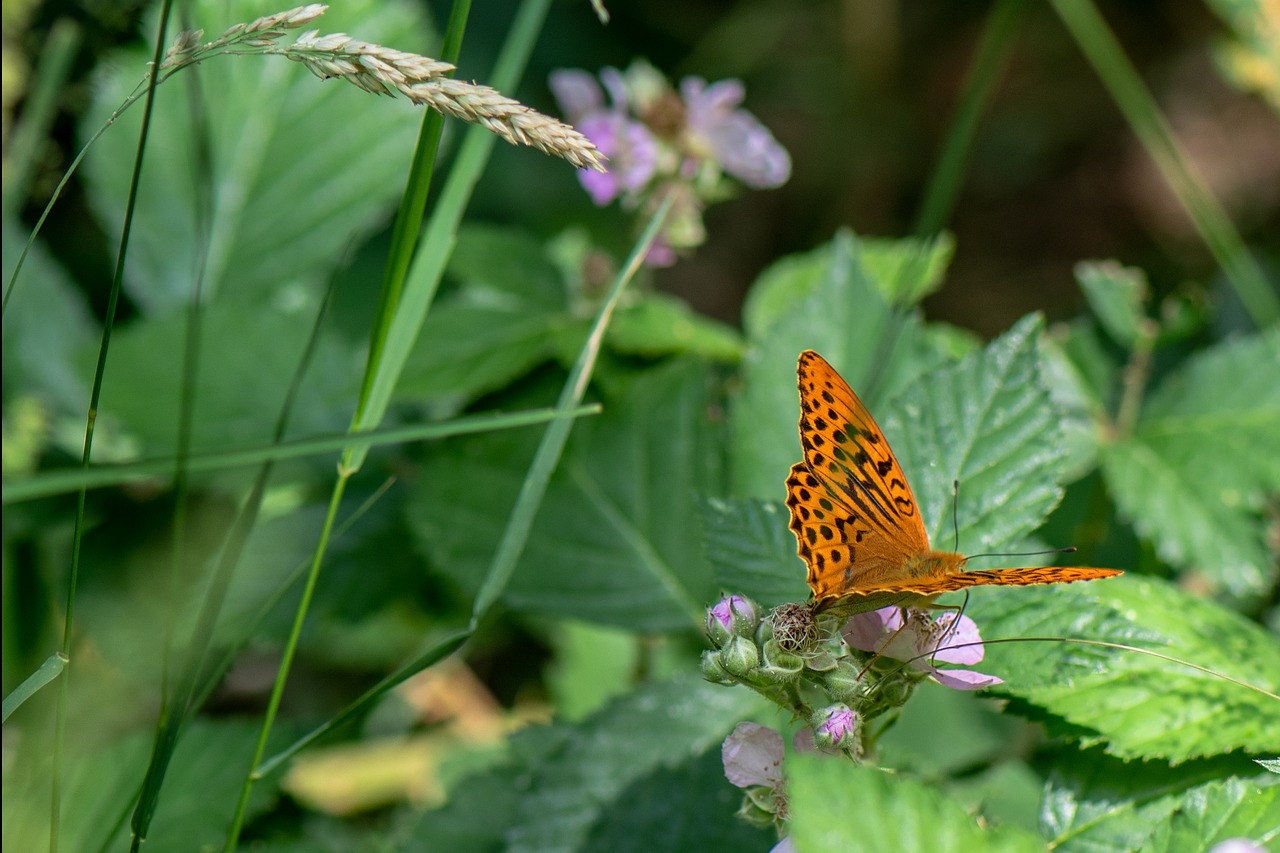
Offset Your Carbon Footprint
When traveling to the pristine wilderness of Botswana's Okavango Delta, it's essential to be mindful of your carbon footprint and take steps to minimize the environmental impact of your journey. One effective way to offset the emissions generated by your travel is by supporting verified carbon offset projects that contribute to environmental conservation and sustainable development.
Carbon offsetting allows you to invest in projects that reduce greenhouse gas emissions, such as renewable energy initiatives, reforestation efforts, and energy efficiency programs. By purchasing carbon credits from these projects, you can balance out the emissions produced during your travel and contribute to global efforts to combat climate change.
Before choosing a carbon offset project to support, it's important to research and select initiatives that are transparent, credible, and have a proven track record of environmental impact. Look for projects that are certified by reputable organizations like the Gold Standard or Verified Carbon Standard to ensure that your contribution is making a meaningful difference.
Calculating your travel emissions can help you determine the amount of carbon credits you need to offset. Online carbon calculators can estimate the carbon footprint of your journey based on factors such as transportation, accommodation, and activities. Once you have this information, you can purchase carbon credits from a trusted provider to neutralize your environmental impact.
Offsetting your carbon footprint is not a substitute for reducing emissions at the source, but it can be a valuable tool in conjunction with other sustainable practices. By taking responsibility for the environmental consequences of your travel, you can support conservation efforts in the Okavango Delta and contribute to the preservation of this unique ecosystem for future generations.
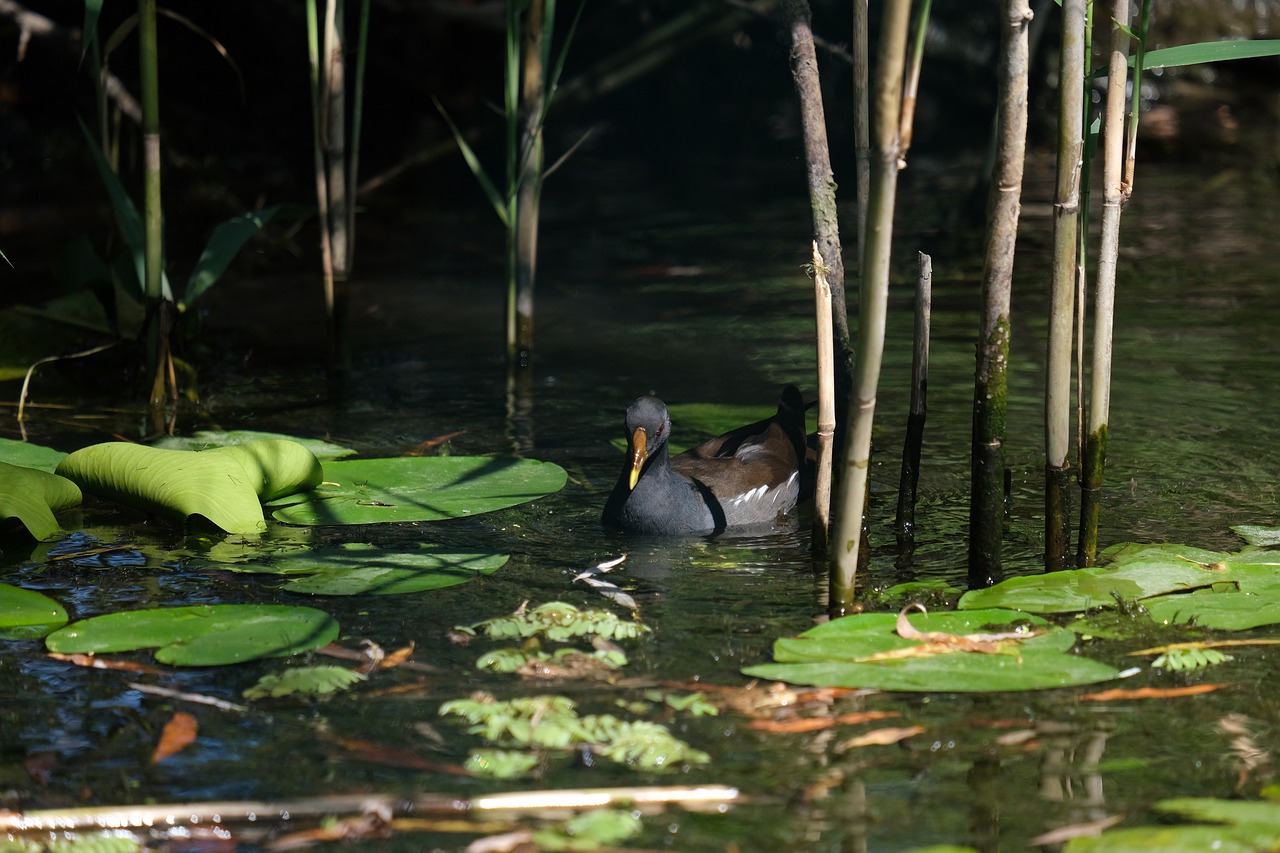
Choose Eco-Friendly Activities
When exploring Botswana's Okavango Delta, it's essential to choose eco-friendly activities that allow you to experience the beauty of this unique ecosystem without causing harm. Opting for low-impact activities not only enhances your travel experience but also contributes to the preservation of the delta's fragile environment. By selecting eco-friendly activities, you can minimize your environmental footprint and support sustainable tourism practices that benefit both the local communities and the natural habitat.

Educate Yourself and Others
When it comes to sustainable travel in Botswana's Okavango Delta, one of the most crucial aspects is educating yourself and others about the environmental challenges facing this unique ecosystem. By understanding the delicate balance of nature and the impact of human activities, you can make informed decisions that contribute to the preservation of this natural wonder.
Learning about the diverse flora and fauna of the Okavango Delta not only enhances your travel experience but also deepens your appreciation for the intricate web of life that exists in this region. By educating yourself about the importance of conservation and biodiversity, you can actively participate in efforts to protect the ecosystem.
Sharing your knowledge with fellow travelers is another powerful way to promote sustainable tourism practices. By engaging in meaningful conversations about environmental stewardship and responsible travel, you can inspire others to make conscious choices that minimize their impact on the environment.
Advocating for sustainable tourism practices is essential for safeguarding the Okavango Delta for future generations. By raising awareness about the importance of conservation and supporting initiatives that prioritize environmental protection, you can help preserve this natural paradise for years to come.
Frequently Asked Questions
- What are some eco-friendly accommodation options in the Okavango Delta?
There are several eco-friendly lodges and camps in the Okavango Delta that prioritize sustainability and conservation efforts. Some notable options include Xigera Safari Lodge, Abu Camp, and Sandibe Okavango Safari Lodge, all of which are committed to minimizing their environmental impact and supporting local communities.
- How can I contribute to wildlife conservation while visiting the Okavango Delta?
You can contribute to wildlife conservation by respecting designated paths, following wildlife viewing guidelines, and supporting local conservation initiatives. Additionally, learning about the local flora and fauna, and engaging with knowledgeable guides can help you appreciate and protect the delicate ecosystem of the delta.
- What are some recommended eco-friendly activities to experience in the Okavango Delta?
Opting for low-impact activities such as guided nature walks, mokoro excursions, and birdwatching tours is a great way to experience the beauty of the delta without harming its fragile ecosystem. These activities allow you to connect with nature while supporting sustainable tourism practices.
- How can I offset my carbon footprint while traveling to the Okavango Delta?
You can offset your carbon footprint by calculating your travel emissions and supporting verified carbon offset projects. By contributing to environmental conservation and sustainable development initiatives, you can help mitigate the environmental impact of your travels and support the protection of the Okavango Delta.



















